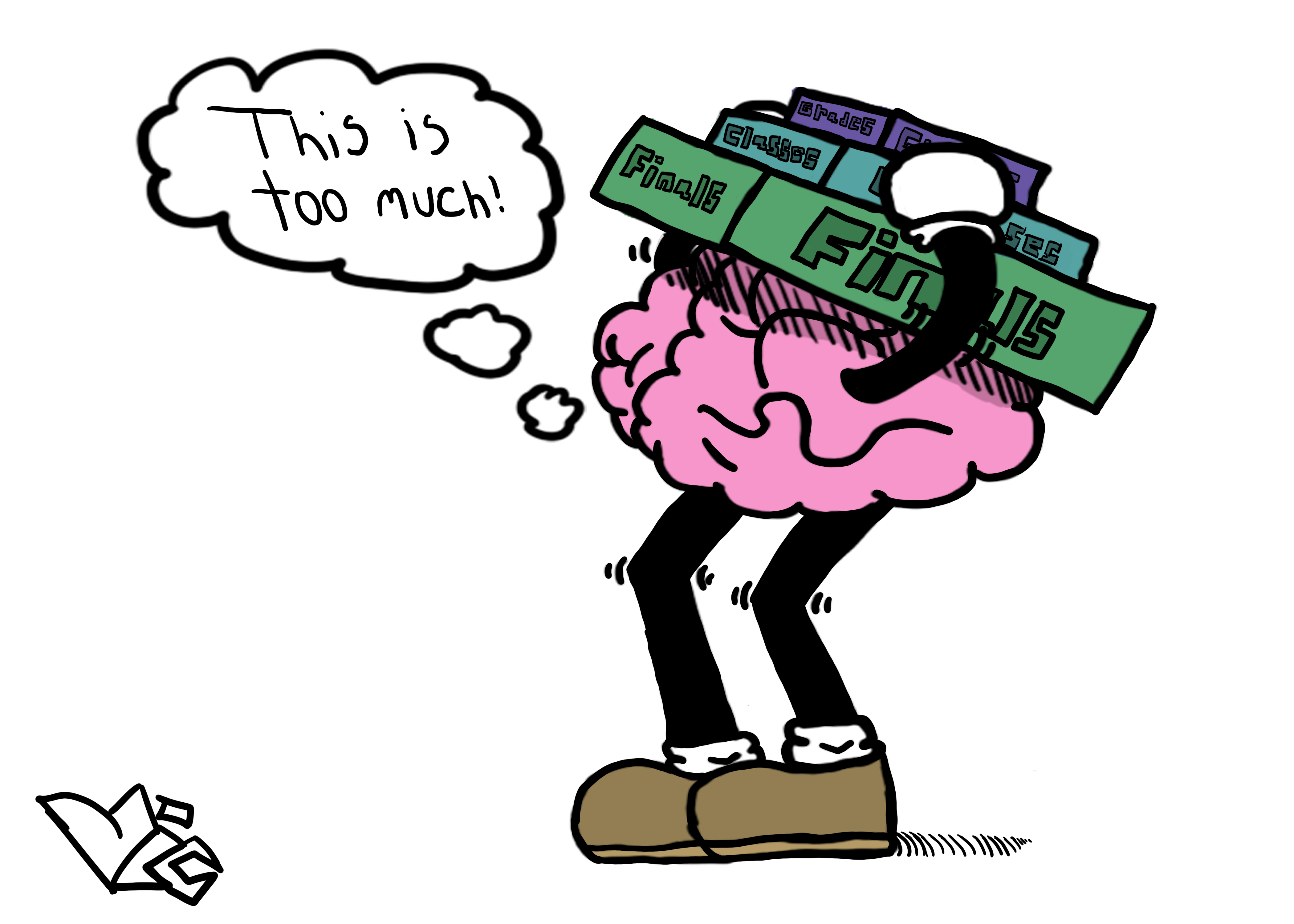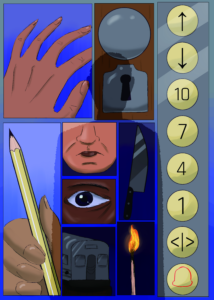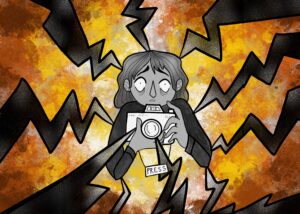There was a time in my life where I felt very much like Alice in Wonderland– late and falling down a rabbit hole. Except, my experience was much less magical. I have struggled with depression since high school, and anxiety caught up with me a bit later. When I arrived at the University of Colorado, Boulder, I was excited to start fresh and, quite frankly, ready to kick ass.
Pretty soon into my freshman year, a toxic relationship in my life began to really negatively affect my mental health. I became really depressed and anxious, and had trouble keeping up with my assignments. The anxiety I felt about not completing my work kept me from going to class and communicating with my professors, which in turn, negatively impacted my grades and my ability to keep up with schoolwork even more. I had quite literally fallen down a rabbit hole, and I was ashamed because I felt like I had done it to myself, which in part, I had.
The shame and guilt I felt about blowing off school made it feel impossible for me to reach out for help or know how to handle the situation. I felt incredibly trapped in my own mind and my own mess. I was not equipped to deal with my worsening mental health and my course load at the same time, but I did not feel that my personal problems were a valid excuse to do so poorly in school.
In a 2023 study done by Gallup and the Lumina foundation, they found that 36% of bachelor’s degree students, and 44% of associate degree students said they considered dropping out. Of those students, 55% said it was due to emotional stress and 47% said it was due to personal mental health reasons. “When asked what emotional stress means to them, many students said that coursework can be overwhelming, particularly if combined with work and caregiving responsibilities or issues in their personal relationships. Some mentioned depression and anxiety specifically. Others said concerns about the ability to pay for college brought on emotional stress.”
The 2022-2023 Healthy Minds Study found that 40% of college students experience depression, and 36% screened positive for anxiety disorders.
As a student part of that 40% at Columbia College, I am lucky enough to have access to a therapist through my health insurance. Counseling services at Columbia can provide students with first steps and offer referrals, yet students enrolled are only allowed 12 sessions per academic year. Mental health care can be extremely expensive, especially if not covered through health insurance. While Columbia does offer their students mental health support, the 12-session rule might not suffice for some students in crisis.
What Columbia does offer though, are incredibly supportive professors. While every student may not have the experience I have, I feel lucky to have had professors who have been understanding, supportive and exceptionally helpful during times I’ve struggled. Oftentimes, it feels much easier for me to hide and avoid when I don’t feel like my best self.
Yet every time I have reached out to a professor and asked for help, I have been met with kindness and assistance getting back on track. If I can offer any advice that I’ve learned through mental health struggles during school, it’s to ask for help. Let your professors know what’s going on, and oftentimes it will save you from falling down that rabbit hole.







Be First to Comment